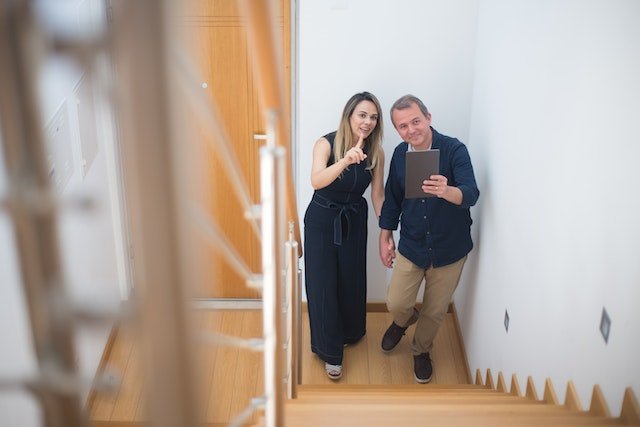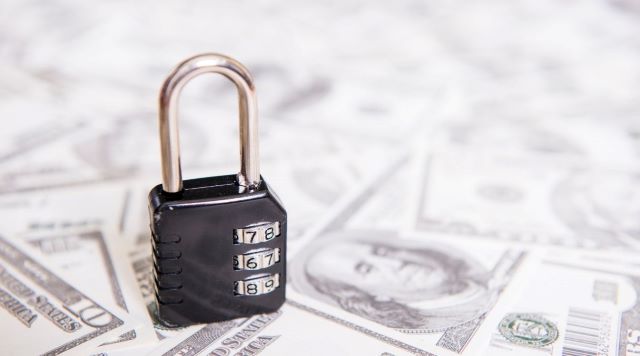Know the Responsibilities Involved in Owning a Rental Property
As mentioned, there are several duties and responsibilities associated with owning a rental home. Rental property owners should ensure that they comply with the local laws and regulations governing rental businesses in the city, as well as with the state’s laws. For instance, Georgia law requires landlords to provide a habitable place of dwelling. This means they need to maintain the condition of the rental properties and make the necessary repairs. Landlords are recommended to conduct regular property inspections to ensure that the rental home remains in top condition. Landlords also need to maintain a good rapport with their tenants. Satisfied tenants tend to stay longer in the property. This lessens your risk of getting the property vacated prematurely. It’s important to perform your duties as stipulated in the lease to avoid any future problems.
Besides that, landlords also need to market their property as soon as they’re vacated. A vacant rental property isn’t generating income, so you don’t want yours to stay vacant for too long.
You need to screen your tenants carefully to ensure that you end up with responsible renters. You also need to collect rent and pay for expenses such as insurance and taxes.
Landlords also need to maintain a good rapport with their tenants. Satisfied tenants tend to stay longer in the property. This lessens your risk of getting the property vacated prematurely. It’s important to perform your duties as stipulated in the lease to avoid any future problems.
Besides that, landlords also need to market their property as soon as they’re vacated. A vacant rental property isn’t generating income, so you don’t want yours to stay vacant for too long.
You need to screen your tenants carefully to ensure that you end up with responsible renters. You also need to collect rent and pay for expenses such as insurance and taxes.
Understand the Landlord-Tenant Law in Georgia
The Georgia landlord-tenant law was established to regulate the rental business in the state. As a landlord, it’s your responsibility to understand the law and ensure that you stay in compliance. In Georgia, landlords are allowed to require tenants to pay a security deposit. There’s no maximum limit required. The security deposit, however, must be returned to the tenants within 30 days after the tenants move out of the unit. Failure to do so may result in hefty fines. In this case, the landlord may be liable to pay the renter three times the original amount of the deposit. It’s important to stay updated on the Georgia security deposit laws in order to avoid such incidents. Aside from the landlord-tenant law, you should also know the rules under the Fair Housing Act. The Fair Housing Act aims to protect tenants from housing discrimination based on various factors, including race, skin color, nationality, sex, religion, and familial status. Georgia does not have any additional protections for other groups not mentioned above.
The Fair Housing Act aims to protect tenants from housing discrimination based on various factors, including race, skin color, nationality, sex, religion, and familial status. Georgia does not have any additional protections for other groups not mentioned above.
Prepare the Property for Marketing
To be a successful landlord, it’s important to make your property look appealing to renters. In order to do this, you should ensure that your property is ready for staging. This means that you need to perform the necessary renovations and improvements to make the property attractive. Performing improvements can increase the value of your rental unit, allowing you to earn more income from rent. You should also think about what amenities you can offer to tenants to make your rental unit stand out among the competition. For example, consider whether or not to include the utilities in the rent. You should also consider if you should furnish the property or not, depending on your target market.Screen Your Tenants Thoroughly
Dealing with problematic tenants can cause a lot of stress, not to mention financial losses too. To avoid this, it’s best to screen your tenants carefully before you accept them. Performing a thorough screening process is important so that you won’t risk having to handle issues caused by irresponsible tenants. As a landlord, you need to perform background and credit checks to ensure that the tenants you accept have the financial capability to pay their rent on time. Also, verify their past tenancies to see if they were involved in any legal issues, including evictions. As much as possible, talk to their past landlords and neighbors to know if they encountered any problems with the tenants before.
Having a tenant screening checklist on hand is useful to ensure the entire process goes smoothly.
Also, verify their past tenancies to see if they were involved in any legal issues, including evictions. As much as possible, talk to their past landlords and neighbors to know if they encountered any problems with the tenants before.
Having a tenant screening checklist on hand is useful to ensure the entire process goes smoothly.

